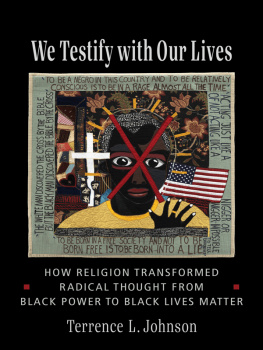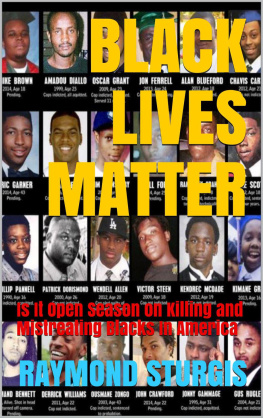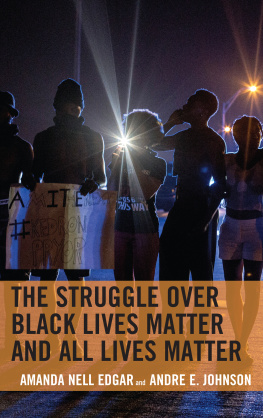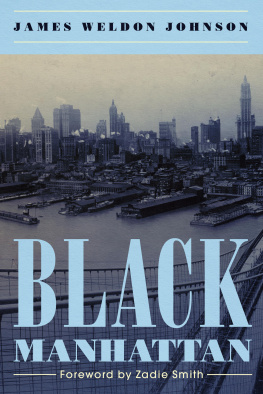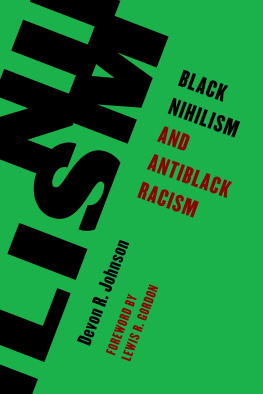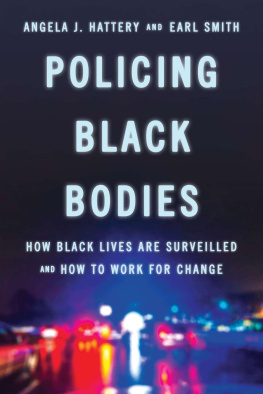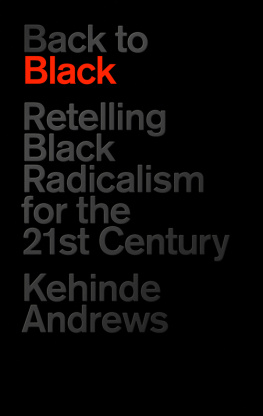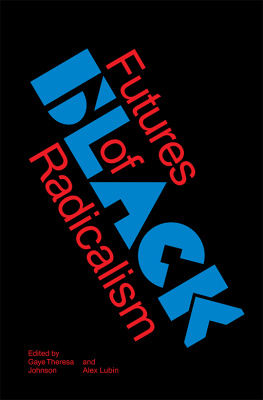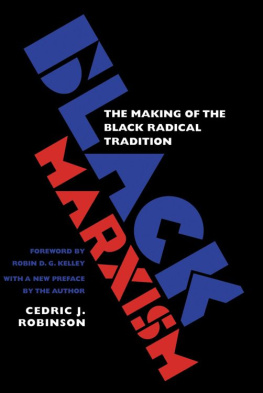Table of Contents
WE TESTIFY
WITH
OUR LIVES
Columbia Series on Religion and Politics
The Columbia Series on Religion and Politics, edited by Gastn Espinosa (Claremont McKenna College) and Chester Gillis (Georgetown University), addresses the growing demand for scholarship on the intersection of religion and politics in a world in which religion attempts to influence politics and politics regularly must consider the effects of religion. The series examines the influence religion exercises in public life on areas including politics, environmental policy, social policy, law, church-state relations, foreign policy, race, class, gender, and culture. Written by experts in a variety of fields, the series explores the historical and contemporary intersection of religion and politics in the United States and globally.
Mark Hulsether, Religion, Culture, and Politics in the Twentieth-Century United States
Gastn Espinosa, ed., Religion and the American Presidency: George Washington to George W. Bush with Commentary and Primary Sources
Richard B. Miller, Terror, Religion, and Liberal Social Criticism
Gary Dorrien, Economy, Difference, Empire: Social Ethics for Social Justice
John M. Owen IV and J. Judd Owen, eds., Religion, the Enlightenment, and the New Global Order
Terrence L. Johnson, We Testify with Our Lives: How Religion Transformed Radical Thought from Black Power to Black Lives Matter
WE TESTIFY
WITH
OUR LIVES
HOW RELIGION TRANSFORMED
RADICAL THOUGHT
FROM BLACK POWER TO
BLACK LIVES MATTER
TERRENCE L. JOHNSON
Columbia University Press New York
Columbia University Press
Publishers Since 1893
New York Chichester, West Sussex
cup.columbia.edu
Copyright 2021 Columbia University Press
All rights reserved
EISBN 978-0-231-55362-9
Library of Congress Cataloging-in-Publication Data
Names: Johnson, Terrence L., author.
Title: We testify with our lives : religion transformed radical thought
from black power to Black Lives Matter / Terrence L. Johnson.
Other titles: Religion transformed radical thought from black power
to Black Lives Matter
Description: New York : Columbia University Press, [2021] |
Includes bibliographical references and index.
Identifiers: LCCN 2020056191 (print) | LCCN 2020056192 (ebook)
| ISBN 9780231200448 (hardback) | ISBN 9780231200455 (trade
paperback) | ISBN 9780231553629 (ebook)
Subjects: LCSH: Black powerUnited States. | African American
radicals. | African American intellectuals. | African Americans
Intellectual life. | RadicalismUnited StatesReligious aspects
Christianity. | Civil rightsReligious aspects. | Civil rights
movementsUnited States. | African Americans
Politics and government.
Classification: LCC E185.615 .J628 2021 (print) | LCC E185.615
(ebook) | DDC 323.1196/073dc23
LC record available at https://lccn.loc.gov/2020056191
LC ebook record available at https://lccn.loc.gov/2020056192
A Columbia University Press E-book.
CUP would be pleased to hear about your reading experience with this e-book at .
Cover design: Lisa Hamm
Cover image: Michael A. Cummings,
James Baldwin Born Into a Lie (2019)
CONTENTS
I owe the publication of this book to the enduring love and support of my family, namely my wife, Jill, and my children, Zoe and Zarek. My mom, Velma, Emmitt, and Eric continue to support me in immeasurable ways. David, Abby, and Nico always provide the needed humor and smiles to recharge my tired thoughts. Support from extended family has been invaluable: Milton, Jimmy, Mary, Michael, Dolores (Bubbe), Nedra, Roberta, Doris, Paulette, Terrence, Cathy, Jeffrey, Ted, Barbara, and a host of cousins, nieces, and nephews. I am also indebted to several student researchers: Joshua Dostal, Samuel Appeal, Easten Law, Ray Kim, Micah Musser, Matthew Hamilton, Howard Tai, and Erum Haider. Several colleagues and friends provided invaluable feedback at different stages in the books development: Lewis R. Gordon, Beverly Guy-Sheftall, Louis Massiah, E. Ethelbert Miller, Jacob Olupona, Janine Spinola Taylor, Dianne Stewart, Jonathan Fichter, and Jonathan Tran. I am grateful to Susannah Heschel and Vaughn Booker for their invitation to present a chapter from the book at Dartmouth College. John Carlson and Jason Bruner invited me to share a portion of this project at Arizona State Universitys Religious Studies Forum. Ulrike Guthrie provided invaluable editorial assistance. I thank my friend Michael Cummings, whose quilt is the cover art for the book.
A special thank-you to Wendy Lochner, the staff at Columbia University Press, as well as to the readers who provided insightful comments during the blind review process.
I dedicate the book to the memory of family members who passed away while completing it: Mary Kate Johnson, G. Robert Gibson, Beatrice Carlisle, Michael Gibson, Stanley Paige Johnson, and Ruth Williams.
Those of us who stand outside the circle of this societys definition of acceptable women; those of us who have been forged in the crucibles of differencethose of us who are poor, who are lesbians, who are Black, who are olderknow that survival is not an academic skill. It is learning how to take our differences and make them strengths. For the masters tools will never dismantle the masters house. They may allow us temporarily to beat him at his own game, but they will never enable us to bring about genuine change.
Audre Lorde (1979)
I n nine short words, Audre Lorde transformed how Blacks saw themselves nearly two decades after the birth of the Black Power movement: The masters tools will never dismantle the masters house. Still recovering from the assassinations of Malcolm X and Martin Luther King Jr., and watching in slow motion the decline of civil rights activism and the Black Arts movement, Lorde offered a balm to a wounded people, a public proclamation of what many already intuited or believed in their bones: Blacks would never be accepted in white society Lorde and others intended to carve out a counter political strategy, one that was based on a path forged by the grammar of Black politics and designed to take seriously Blacks own overlooked traditions.
Even as Black politicians and civic leaders rose to prominence in major cities like Cleveland, Atlanta, Los Angeles, and Washington, DC, the infrastructure of these cities was controlled largely by economic and political forces outside those communities. Their efforts and political imagination embodied the backbone of Lordes thesis: building new tools from the flesh of the abandoned and the blood of the slain.
Lordes vulnerability and steadfast courage moved both her audience and subsequent readers of her speech. Her words beckoned them to revolt against perfunctory social integration and appropriation of liberal political ideals of equality and inclusion and capitalist values that promoted vast wealth inequality and stark individualism. Underscoring her criticism of Western individualitys entanglement within the womens movement was a reflective hermeneutic that demanded self-reflection within a radically new community. The masterin whatever iteration he might appearwas doomed to be reproduced within and among unsuspecting persons, and those who borrowed the masters tool would be effaced in some form. The present and future, Lorde exhorted, demanded a reckoning with the master. Her audience, and by extension all Blacks, could not simply continue as before.

